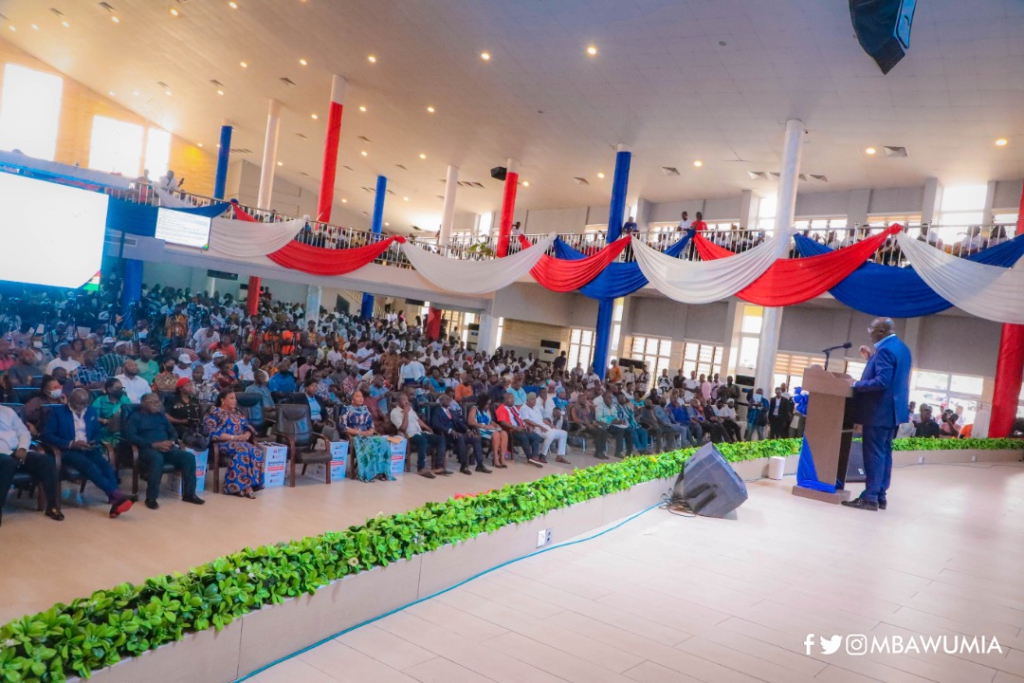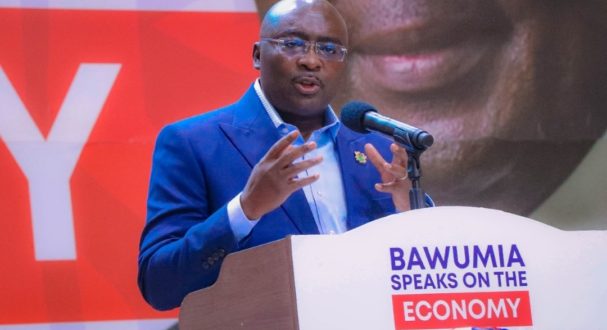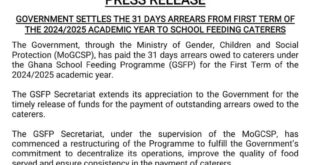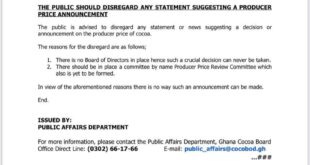The Vice President, Dr. Mahamudu Bawumia, has attempted to give reasons for the troubles of the Ghana cedi.
The head of the government’s economic management team blamed the woes of the cedi largely on negative credit ratings, challenges in getting the 2022 budget passed, and the refusal of investors to roll over their monies in Ghana’s economy among others.
Fuel prices on the international market, as well as the Russia-Ukraine war, according to Dr. Bawumia, also contributed to the challenges of the Ghanaian currency.
Data from the Bank of Ghana show that, the cedi depreciated by about 14.6% to the US dollar within the first quarter of 2022, while Bloomberg described the Ghana cedi as the worst-performing currency on the global market.
Ghanaians, especially, social commentators, had put pressure on the Vice President to break his silence on the free fall of the cedi against major trading currencies.
Speaking at an event jointly organised by the Danquah Institute and the NPP’s TESCON on Thursday, April 7, 2022, Dr. Bawumia, who has been touted by members of the governing New Patriotic Party as an ‘economic messiah’ took time to explain what he believes accounted for the free fall of the cedi and the troubled economy.
“The financial markets’ assessments of the 2022 budget, unfortunately, concluded that our projected 40% increase in revenue which underpinned the 2022 budget was not likely to materialize and therefore, our deficit will increase. The chaotic battle in Parliament over the budget and the passage of the budget did not also help matters. This created uncertainty and signal to the market that government may not be able to get most of its programmes passed in a tightly balanced Parliament. This further reinforced the lack of confidence by investors in the budget.”
“Furthermore, delays in implementing major tax reforms…appeared to support the assessment that the market will have difficulties in passing its programmes. To add to these negative market sentiments, there was a sovereign credit rating downgrade by Fitch and Moody’s as a result of concerns about fiscal and debt sustainability.”

The Vice President said these issues resulted in an unwillingness of foreign investors to roll over their holdings of Ghana’s foreign bonds.
He added that Ghana’s announcement that it would not issue a sovereign bond in 2022 also worried investors, and thus sent a negative signal about the adequacy of Ghana’s foreign exchange reserves.

“So they [investors] wanted to get a hold of the foreign exchange now, and this led to the demand for the US dollar on the market. The increases in interest rates in the US and other economies also made the cedi unattractive. And in February we had the conflict between Russia and Ukraine. Associated fuel price increases also put pressure on the local foreign exchange market.”
Dr. Bawumia said the combination of these resulted in the sharp depreciation of the cedi within the first quarter of 2022.
He said the government and the Bank of Ghana subsequently introduced a number of measures to boost the cedi’s strength, including the strategic injection of $2 billion dollars into the economy as well as expenditure cuts.
Send your news stories to myghanamedia@gmail.com and Chat with us via WhatsApp on +233 200818719
 MYGHANAMEDIA.COM Best Source Of Latest News
MYGHANAMEDIA.COM Best Source Of Latest News





